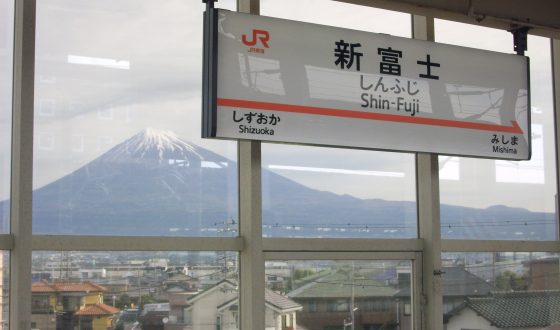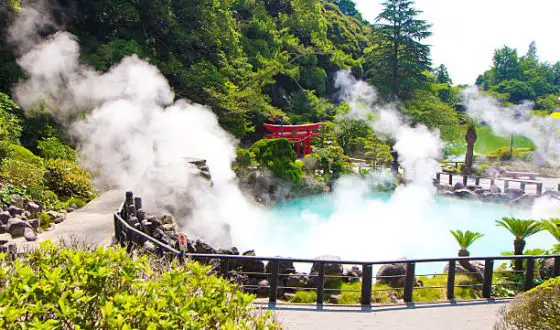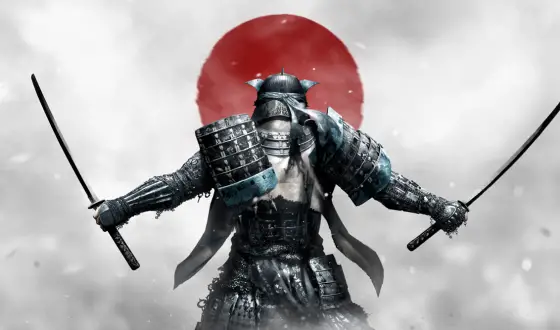How To Buy A House In Japan – What You Should Think About
Japan ranks among the most developed nations in APAC and a preferred candidate for international businesses and property purchasers seeking investment opportunities. Property buying in Japan is, for the most part, extremely comparable to real estate buying elsewhere.
But, if you can’t speak Japanese, the entire process may be complicated and time-consuming. So, if you are interested in the topic: “How to buy a house in Japan?“, let’s find out more through the detailed instructions below.
How To Buy A House In Japan?
Let me first briefly discuss the basics regarding purchasing a property in Japan before getting into the specifics of the ownership’s regulations and the differences between residents and non-residents.
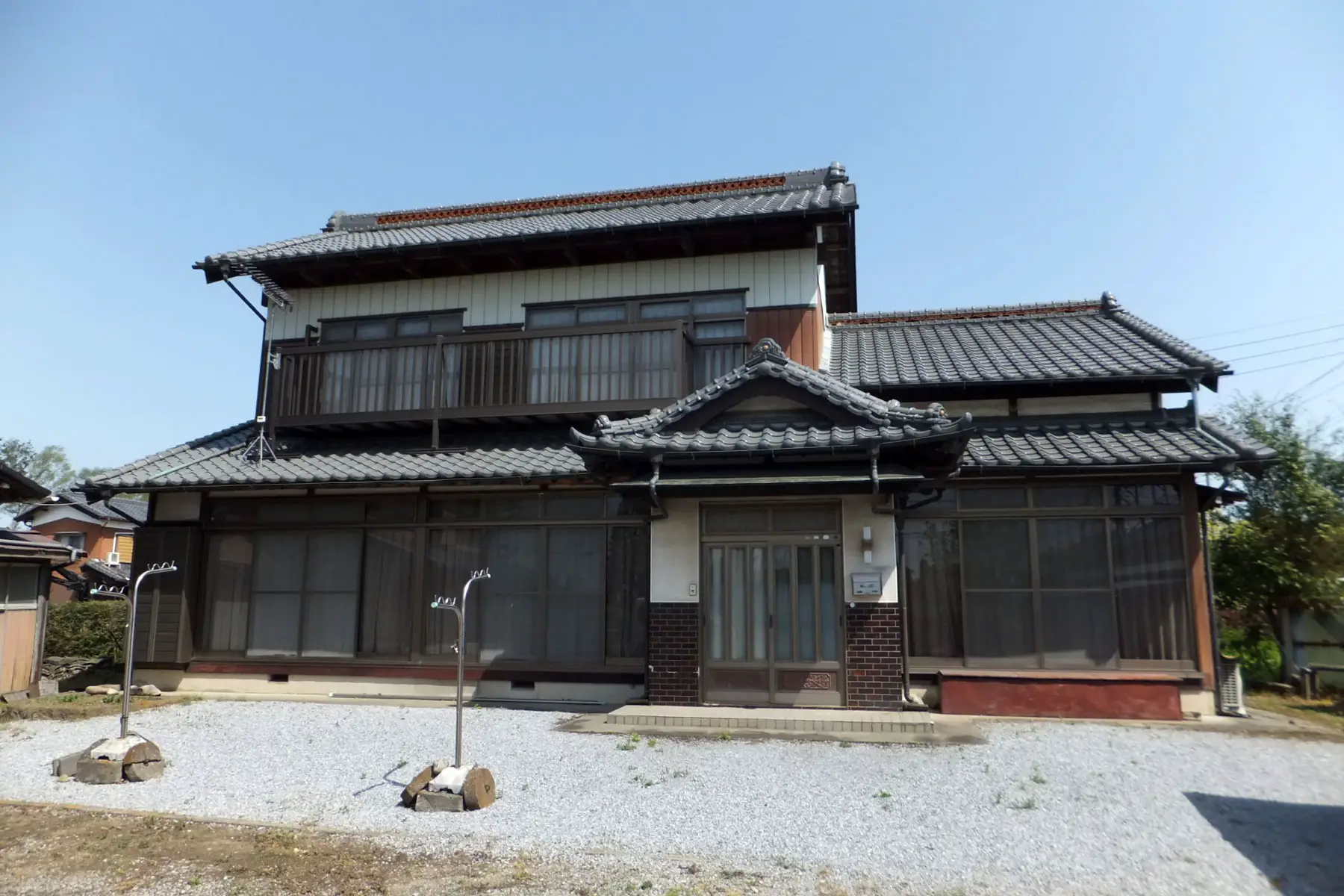
- In the majority of cases, buying real estate in Japan must be done through a company that is authorized to serve as a middleman between the buyer and the seller. (Source: Internet)
In the majority of cases, buying real estate in Japan must be done through a company that is authorized to serve as a middleman between the buyer and the seller. The property agent will often carry out this activity. Hence, buying a house directly from the seller is relatively unknown in Japan. It’s being done in order to prevent any prospective issues from arising throughout the transaction procedure. Both the buyer as well as the seller pay the expense of this intermediary agency.
All available property data may be accessed in one repository in many different nations. In the case of Japan, this information, though, may be dispersed among many databases, including REINS (Real Estate Information Network System) or private property websites.
The following are the specific steps in a house-buying process in Japan:
1. Select a Japanese real estate broker
Foreigners in Japan who are considering an important investment in real estate will need reliable advice from local real estate experts. They can assist you in a broad spectrum of matters, including: translations of documents; expert advice on market movements, pricing levels, and transactional activity; legal safety; help in viewing properties; legal processes and discussions with the seller;….
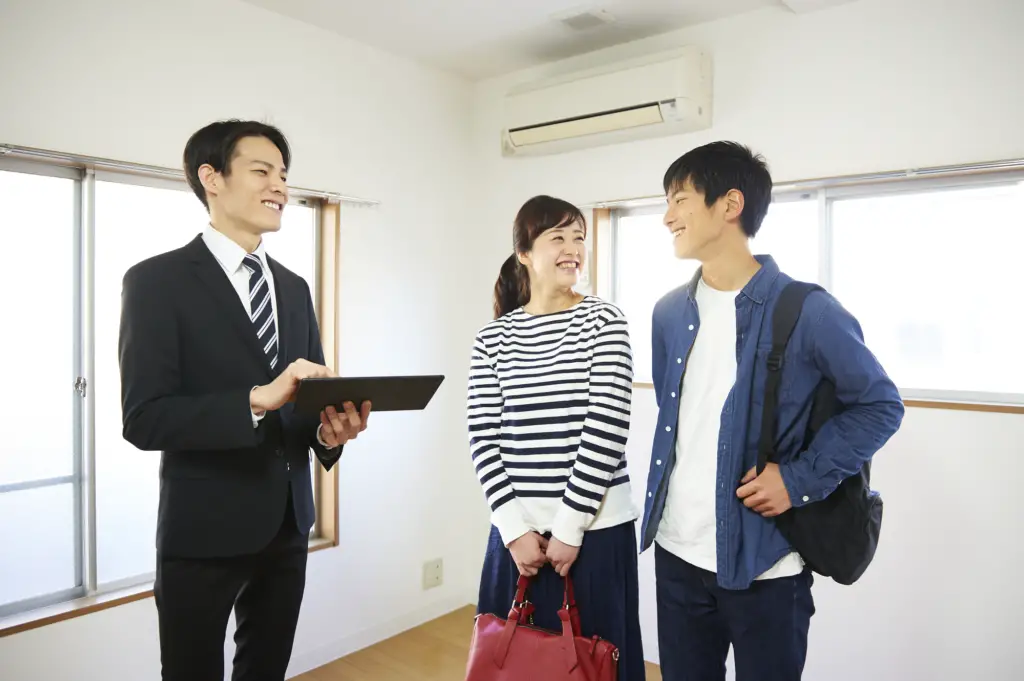
- Foreigners in Japan who are considering an important investment in real estate will need reliable advice from local real estate experts. (Source: Internet)
Hiring an agent and establishing your desired location, house requirements, and budget ought to always be primary steps. In order to do this, you must sign a commission agent contract. The brokerage fee in Japan is typically 3%. In seeking out a real estate broker, you can: visit many websites; ask your acquaintances and friends; call the chamber of commerce in your area.
2. Choose and compare available houses
When you have determined on the essential features of your ideal home, it’s indeed time to research and compare. We advise seeking comparable properties in the neighborhood of your interest and learning about the most current market prices paid for these homes.
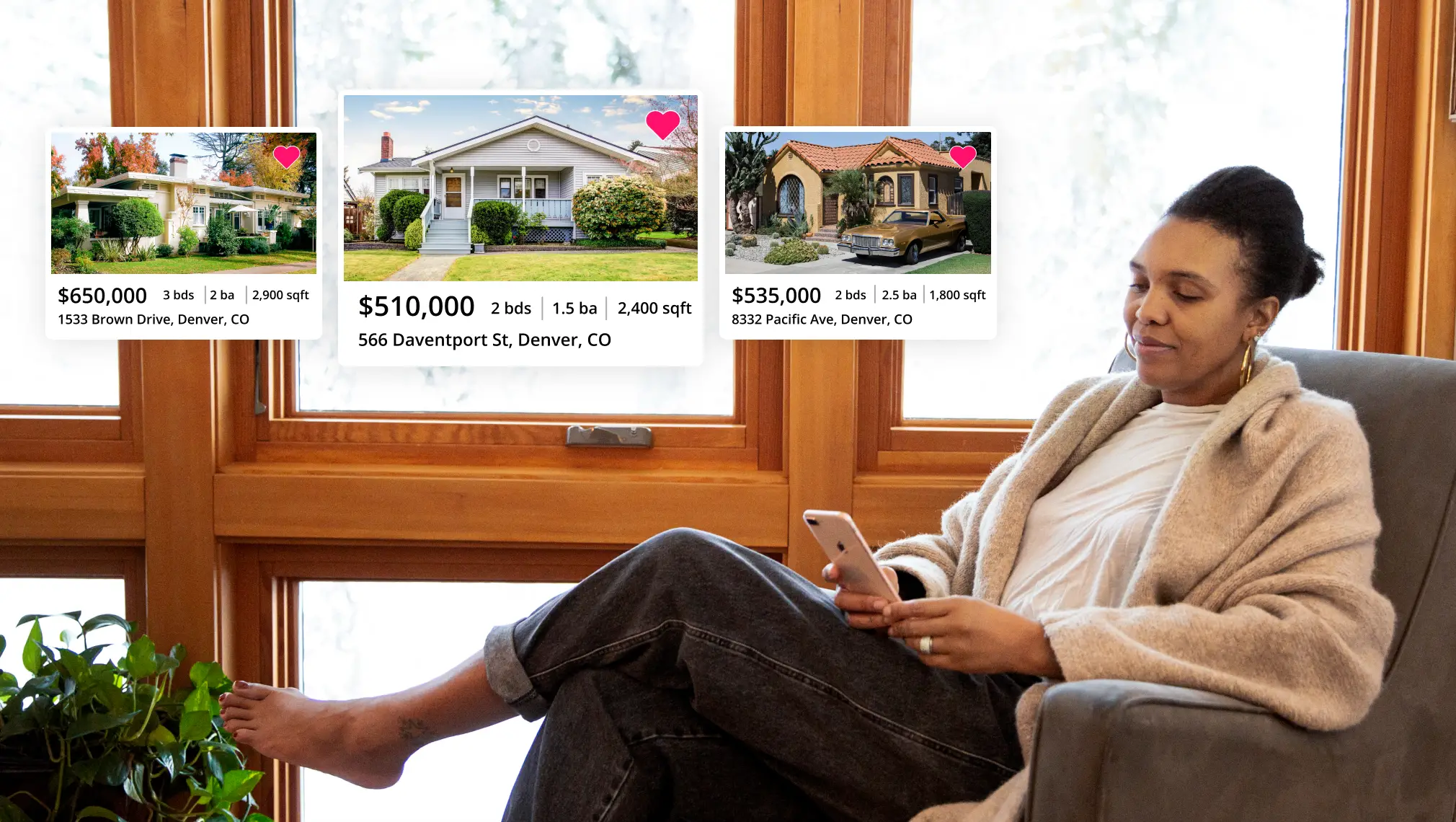
- When you have determined on the essential features of your ideal home, it’s indeed time to research and compare. (Source: Internet)
You may get comparative pricing for real estate transactions on the website of the Ministry of Lands, Construction, Tourism and Transportation. A local real estate agent may be a priceless resource, or you can look over and evaluate the real estate on Juwai.asia virtually first. Viewing quite so many information sessions as you can can help you identify the elements that are most important for your house.
3. Indicate a desire to buy a property
You must submit a Request to Buy made by the contractor or property manager if you are purchasing a new house or apartment. Please be aware that there is a potential your proposal for purchase won’t be approved because new properties sometimes have a lottery determined by the amount of applications submitted. An application fee of $20,000 to $100,000 is required.
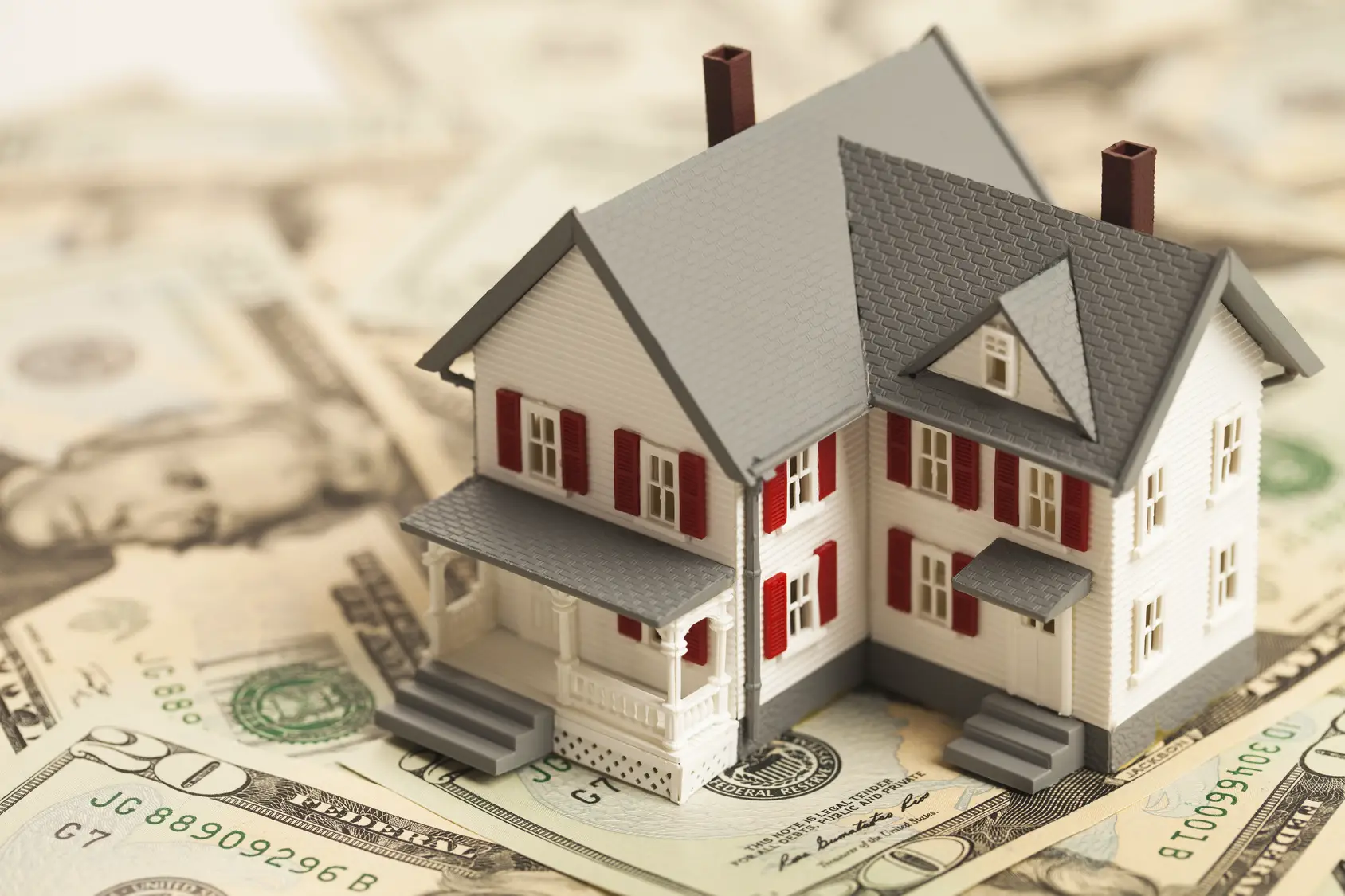
- You must submit a Request to Buy made by the contractor or property manager if you are purchasing a new house or apartment. (Source: Internet)
If you are buying a previously owned house, you might want to provide the seller with a notice of intent (Kaitsuke Shoumeisho). In addition to acting as a starting point for discussions, the aim is to demonstrate your earnestness in buying the home.
You can also like:
- Best Places to Visit in Chiba: A Comprehensive Guide in 2023
- Can A Foreigner Buy A House in Japan? A Comprehensive Guide To Buy House in Japan
4. Deposit the initial payment
Earnest Money (Tetsukekin), sometimes referred to as the deposit, is the amount that the buyer gives to the seller. At the time the sale is completed, it is added to the overall purchase cost and often amounts to 5 to 10% of it.
5. Have a pre-approval for your loan
It’s the right moment to talk about your loan choices with the bank once you’ve sent your intent letter. The bank will review your information on an individual basis and seek records like: Identity cards such as your passport and state-issued driving license; a current medical certificate; yearly corporation tax;….
Remember that unless you are a legal resident, it is challenging for foreigners to obtain a property loan in Japan.
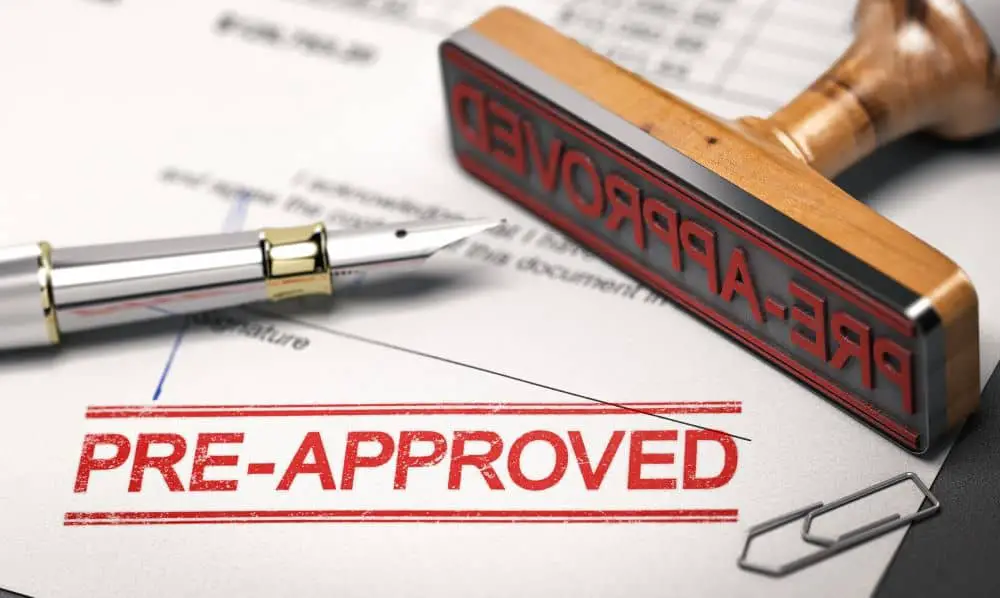
- Remember that unless you are a legal resident, it is challenging for foreigners to obtain a property loan in Japan. (Source: Internet)
6. Read carefully the key issues explanation
Before you complete the purchase, you should carefully go through the Summary of Relevant Issues (Juuyoujikou Setsumeisho), one of the most crucial papers.
It is aimed to be a legal disclosures document prepared by the selling agent and should include all the details a buyer would need to come to an accurate purchasing choice, such as: current mortgages that are mentioned against the property; additional encumbrances or liens; broken objects; administration charge;…..
Document example for “Explanation of Crucial Issues”
Before the customer signs the purchase contract, he or she needs to receive this detailed document, which may be 20 to 100 pages long, and have it directly explained to them, according to Japanese law.
7. Put the Purchase Agreement into effect
It is now time for you to formally execute the Purchase Agreement after reading the description of important Issues and confirming it to your approval. The following are a few records and documentation required to supply: passport photocopies; cost of stamp duty; an registration form; a seal (Inkan);..
8. Complete settlement
The final settlement is often conducted by a judicial scrivener who conducts it at the acquiring bank. The seller will get the remaining sum from the buyer, and then transfer ownership of the property to him or her. When everything is settled, the seller gives the buyer all the keys, marking the end of the ownership transfer process.
Freehold Property Or Leasehold Property?
The freehold title (Shoyuken) in Japan guarantees you complete ownership of the land and any physical structures erected on it. On the contrary side, when you purchase a condo, you share ownership of both the building and a tiny portion of the ground beneath it.
A law was enacted in Japan that established the basic leasehold period for all property types at thirty years. You have the option to renew the lease for just an estimated 20 years once the initial leasehold term has come to an end.
Analyze the pros and cons that each ownership option offers.
1. Freehold property
Pros:
- Absolute possession of the land and the building
- Gains from land capital growth
- Quicker purchasing process
Cons:
- More pricey
- Increased property taxes
- Required additional fees
- Leasehold property
2. Leasehold Property
Pros:
- Prices are lower than freehold by 30–40%
- 0% land taxes
- Higher returns on rentals
Cons:
- Payments to the landowner each month
- Difficult to resale
- Property loan applications can be challenging at times.
Property Buying Costs in Japan
- Brokerage costs: 3% of the buying price plus consumption tax plus 60,000 Yen (~450 USD)
- Acquisition taxes: Two to three months following title registration, a one-time payment. The worth of the property and the buildings as determined by the government is used to calculate the tax.
- License Tax & Registration: Registration permits are required for the buyer to assert their legal title to the property. Based on the way the transfer was made, taxes might range from 0.4% to 2% of the appraised value of the land and buildings.
- Charge for a Judicial scrivener: Judicial scriveners help customers with the property enrollment process. The cost of hiring judicial scribes varies based on the kind of property, assessed value, and whether or not a mortgage needs to be registered.
- Stamp duty: Contracts and commitment documents are liable to a stamp duty during land registration: 10M Yen (~76,400 USD) to 50M Yen (~382,000 USD) cost 10,000 Yen (~76 USD) stamp duty; 50M Yen (~382,000 USD) to 100M Yen (~764,000 USD) cost 30,000 Yen (~230 USD) and 100M Yen (~764,000 USD) to 500M Yen (~3M8 USD) need 60,000 Yen (~450 USD) for this fee.
Can Foreigners Obtain A Home Loan in Japan?
Many Japanese banks offer loans to foreigners that reside in Japan. If you marry a Japanese citizen or have a permanent residency permit, lenders are more likely to regard you favorably. Foreigners with an extensive work record in Japan are also given loans by several institutions.
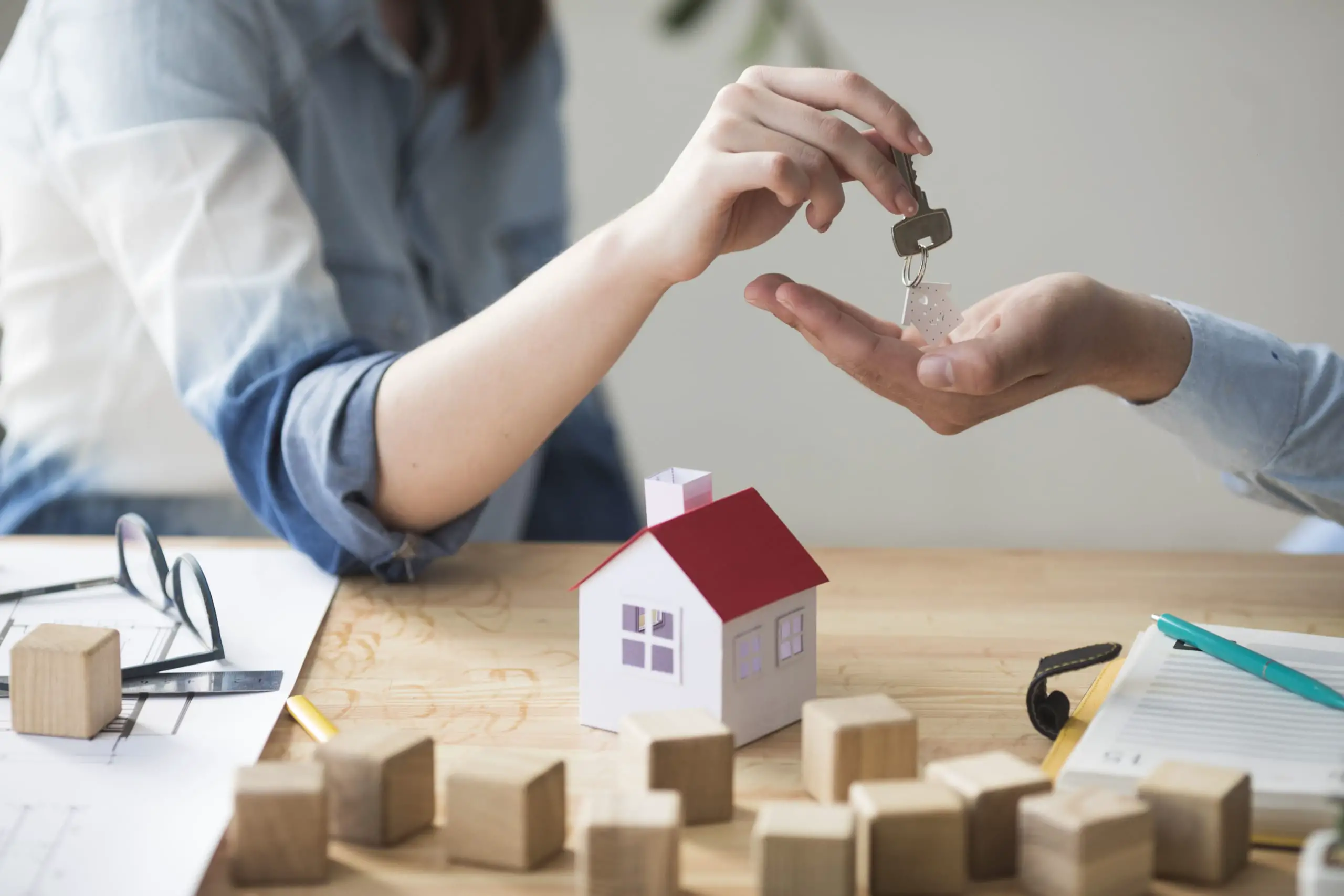
- If you marry a Japanese citizen or have a permanent residency permit, lenders are more likely to regard you favorably. (Source: Internet)
Finding a bank in your homeland with branch offices in Japan is recommended if you are a non-resident and need financing. China, Australia, Hong Kong, Malaysia, Singapore, and Vietnam are just a handful of the countries where Japanese banks including Mizuho and Shinsei have offices.
These banks will analyze you carefully and go through your: current position and previous job; age; general state of finances; present-day salary (banks often expect you to gain between 2 and 5 million Yen (~15,200 USD to 38,200 USD) annually, although this varies); what loans you have at the moment.
10 Things You Should Know Before Buying A House in Japan
Buying a house in Japan is really an arduous process for many people. Here are 10 things you will probably need to know when choosing to buy a home in Japan.
1. Do not regard it an investment
Although purchasing a home in Japan may be viewed as a “investment in happiness,” this decision is unlikely to result in long-term financial gain, particularly if the property is situated in the countryside.
In contrast to other countries, the housing market in Japan sees a long-term falling trend in real estate values, particularly outside of the big cities
This is caused by an array of reasons, such as building standards, the declining population, migration to larger cities, and the desire for new houses over “used” dwellings.
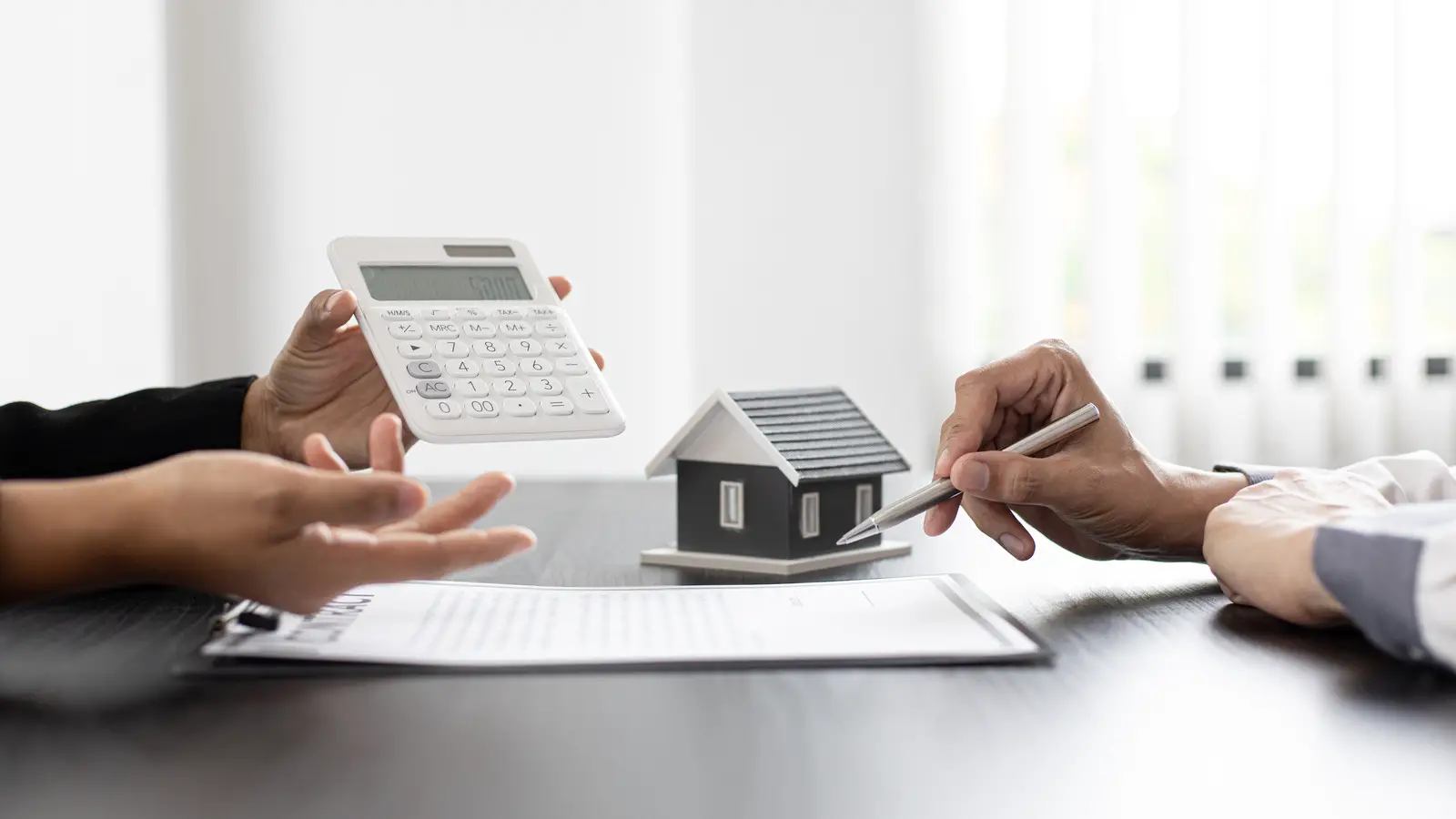
- Although purchasing a home in Japan may be viewed as a “investment in happiness,” this decision is unlikely to result in long-term financial gain. (Source: Internet)
2. Have the cash available
It will be extremely difficult to obtain a mortgage unless you are a resident of Japan and have a high-paying job there. As a result, you’ll probably consider paying cash or financing from your hometown.
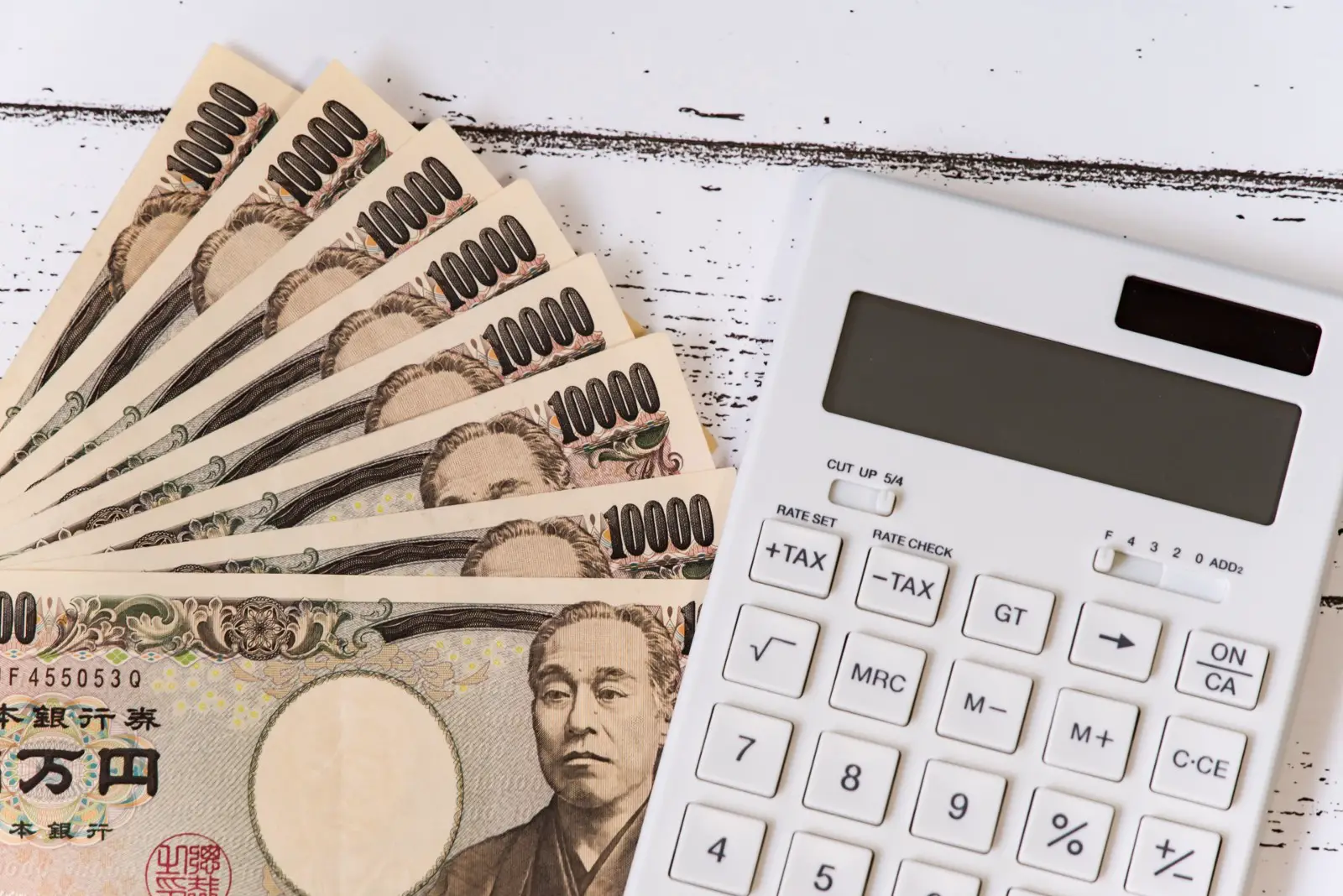
- You’ll probably consider paying cash or financing from your hometown. (Source: Internet)
Also, having cash on hand will greatly increase your ability to haggle. By making a cash offer, I was capable of decreasing the list price by around 20%. You can frequently transform a good deal into a terrific one by taking into account how long the real estate has been available on the market and how motivated the owners are.
3. Trying to find something “newer”
I am aware that many people adore the concept of Kominka in a rural area, as do I. Huge tatami rooms, an engawa with a view of a lovely Japanese garden, a ranma with delicate carvings, etc. Isn’t that a dream?
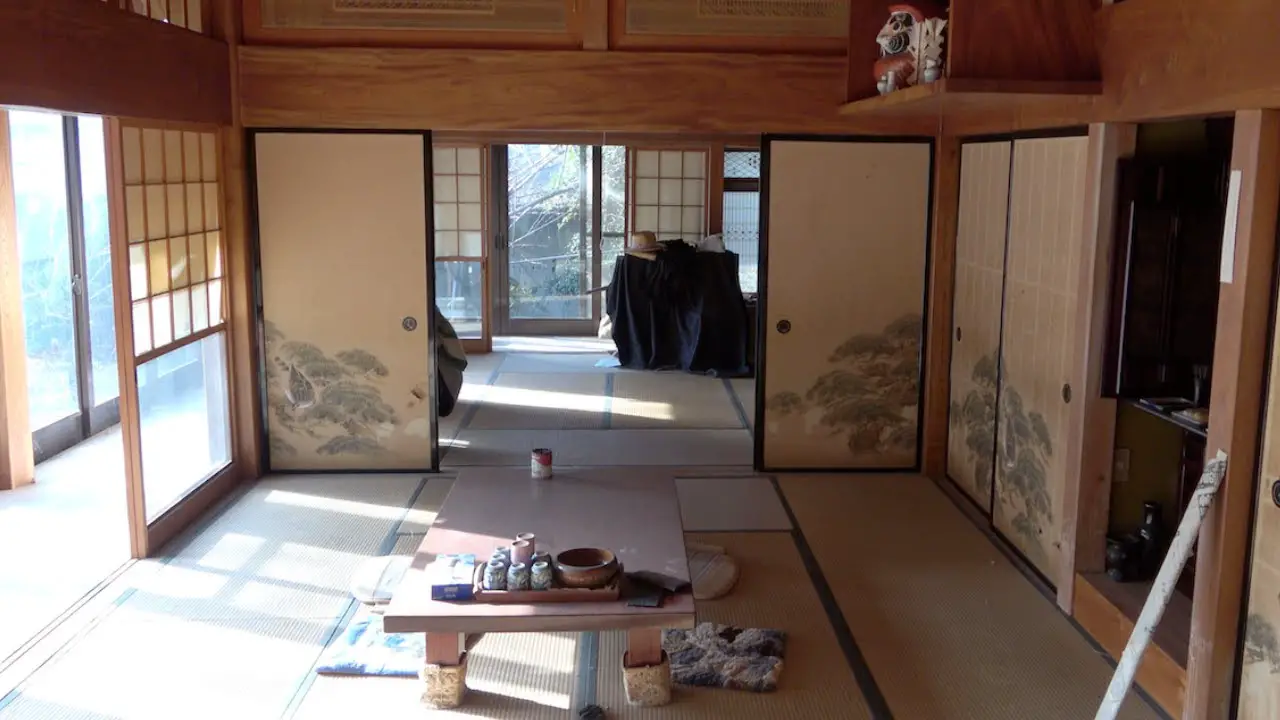
- I recognized that maintaining a traditional, old house would require a lot more effort, money, and time. (Source: Internet)
So, why then did I choose a newer home? I recognized that maintaining a traditional, old house would require a lot more effort, money, and time. This is especially convincing if you merely intend to use it as a holiday house. In the end, I made the decision that I would prefer to seek a newer home that I could settle in immediately and that needed no repair.
4. Raising your budget proposal
I’d like to make the suggestion that increasing your initial payment budget could end up saving you money in the long run if you decide on buying a newer home. A newer, better-maintained home will probably be less costly to run than an older Akiya when you factor in maintenance and repair costs as well as possible resale value.
5. Make a budget for continuing costs
It’s alluring to believe that after you own the home, your expenses would vanish because you won’t be paying rent any more. In fact, there are several recurring expenses to think about and budget for:
- Utilities: You will undoubtedly have to pay for utilities while residing in the home. The typical monthly utility bill for one person, according to JapanGuide, is slightly under 10,000 Yen (~76 USD), or around 4,000 Yen (~30 USD) for electricity, 3,200 Yen (~23 USD) for gas, and 2000 Yen (~15 USD) for water.
- Maintenance: The price of maintenance is highly dependent on each home. The most crucial step is to arrange a building examination before you purchase the property. He’ll outline the necessary work for you and even provide you with a reasonable pricing estimate.
- Insurance: Two-year contracts for fire insurance start at $200–400. The decision depends on your cost estimation because it is not required.
- Property taxes: Annual property taxes average 1.4% of the appraised value of the house or land.
- Home management: If you don’t live near family and friends, you’ll probably need someone to drop by sometimes to take care of things like cutting the grass, airing out the property, etc. while you’re away. These options vary depending on where you are and can cost between 3,000 and 10,000 JPY (~23 USD to 76 USD) per hour, but if you want an English-speaking manager in a popular region, the price may skyrocket.
6. View the house in reality
I would strongly advise going to view the house in person even if it would seem alluring to buy it online. Even if the majority of Japanese real estate websites don’t have very excellent photography, a property’s photographs don’t necessarily convey all about it.
7. Hire a construction inspector
In Japan, repairing architectural, roofing, plumbing, and electrical problems can be quite expensive. Your best option is to employ a building inspector before submitting a formal offer on any home because they are sometimes concealed from the untrained eye.
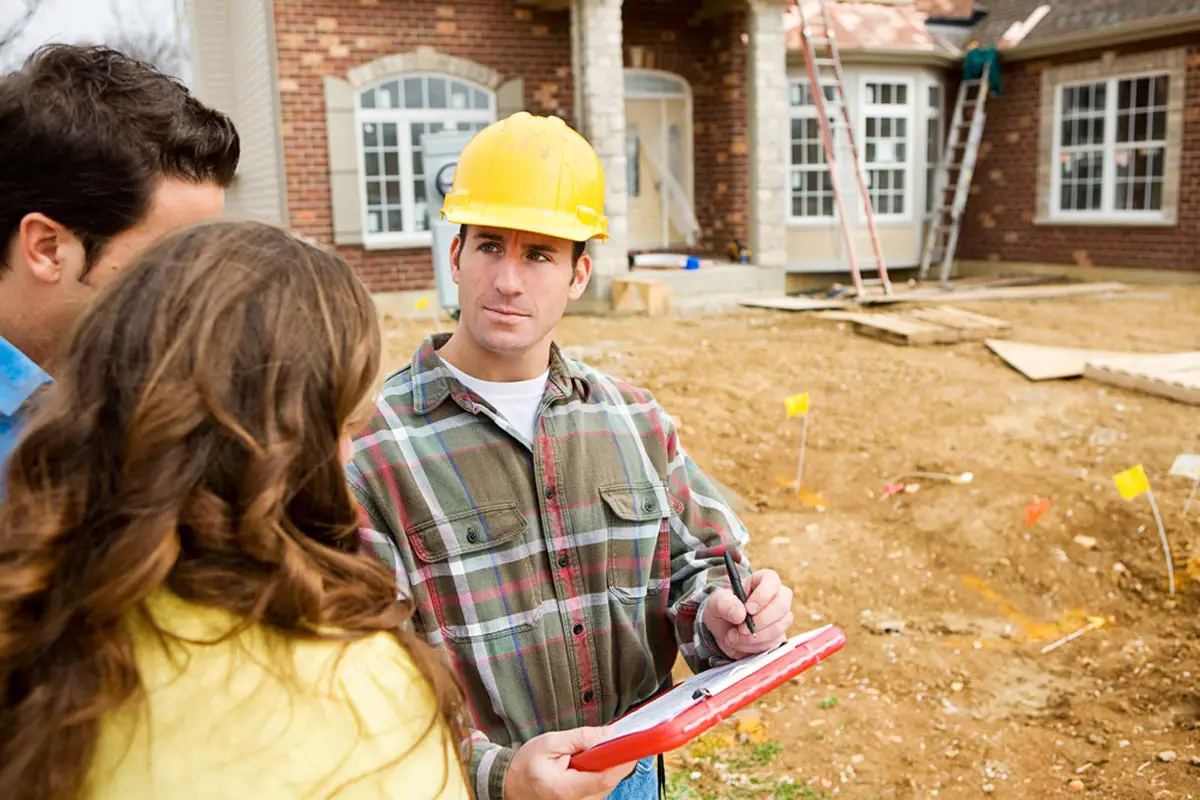
- Your best option is to employ a building inspector before submitting a formal offer on any home because they are sometimes concealed from the untrained eye. (Source: Internet)
An inspection typically costs between 50,000 and 70,000 Yen (~382 USD to 535 USD), and the inspector will provide you with a documented report detailing the state of the home (in Japanese). Moreover, I’d highly suggest observing the inspection in person as they might point out helpful details that might not be included in the summary.
8. Be adaptable
Years ago, when I first began looking for a home in Japan, I had big plans to purchase a stunning ancient kominka in the countryside. But when I viewed additional homes and conducted more research, I discovered houses that didn’t suit my requirements yet had special advantages. I believe I would have passed on the home I ultimately purchased if I had been more fixated on a certain design or kind of building. I wouldn’t alter a thing about my house since I’m so satisfied with it!
9. Employ a middleman
I’m aware of how challenging it may be to buy a property in Japan with little to no Japanese. I’ve even heard that a lot of real estate brokers would ignore your emails or phone calls simply because they feel uneasy negotiating with foreigners. In these circumstances, a real estate agent will be a great solution for you. You will be given detailed instructions and at least not confused when buying a home abroad.
10. Attempting to understand the floor plan abbreviations
This is a very important thing but everyone easily ignores it. You may find these abbreviations too difficult to understand, but if you try to learn them well, it will be very beneficial for you in choosing a house.
Property Prices and Rental Yields in Tokyo
Investors anticipate decreased rental yields from Tokyo’s business and residential properties. The projected rental return on Type A office buildings in Tokyo’s Otemachi and Marunouchi neighborhoods was 3.2 percent as of October 2022, decreasing from a 3.3% average yield in April, according to the investor’s survey by the Japan Real Estate Institute released in November 2022.
The predicted return fell under 4% for the first time ever for the apartment complexes in Tokyo’s Jonan district that are mostly made up of tiny studio units. Regional cities also saw similar drops in anticipated yields. Since about October 2022, the high-end retail market in Ginza was predicted to produce 3.5%, remaining unchanged from April.
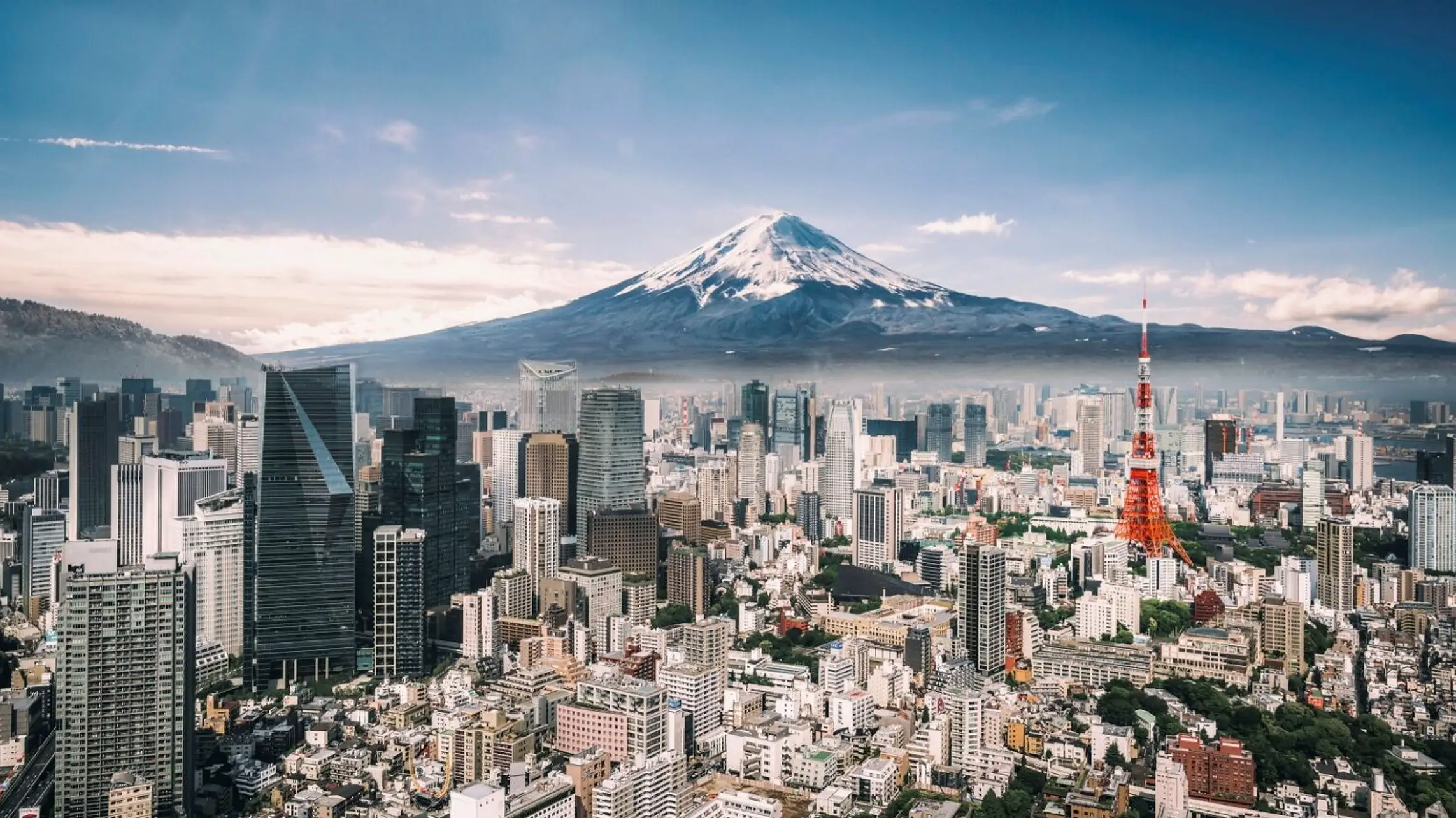
- Investors anticipate decreased rental yields from Tokyo’s business and residential properties. (Source: Internet)
The average cost of a newly constructed apartment offered for sale in Tokyo is around 62.8 million Yen (~480,000 USD) in 2022, an increase of 0.4% over 2021 and the highest price on track after prices peaked at 62.1 million Yen (~475,000 USD) in 1990.
The Real Estate Economic Institute estimates approximately 29,560 new houses will be available for sale in 2022, a decrease of 12.1percent from 2021 as well as less than a third of the record-breaking 95,635 units registered in 2000. The main factor limiting supply was growing building costs.
Buying Or Renting A House: What Is The Best Choice For You?
In most nations, renting and purchasing a house have similar advantages and disadvantages. In Japan, many foreign citizens have succeeded in realizing their goal of buying a property. There are also a comparable number of renters. Almost 60% of Japanese people are house owners. The ratio is substantially greater in certain regions.
We will go into more detail regarding the benefits and drawbacks of both renting and purchasing a home below:
| Buying | Renting | |
| Advantages |
|
|
| Disadvantages
|
|
|
In the end, the choice of whether to buy or rent is a personal decision that will be influenced by your own circumstances and long-term goals. For those who have a short-term plan in Japan, renting may be the safest option. Individuals who want to stay in Japan for a long term should think about buying.
FAQs
1. Is it hard to buy a house in Japan?
Absolutely not tough if you make a cash payment. It’s more difficult to get a loan from a bank for the property. Unless you are a Japanese resident, it could be very challenging to get any such loan without the need for a Japanese co-signer.
For foreigners, it’s also not difficult to buy a house in Japan, though there are certain remarkable points. Regardless of whether you’re Japanese or not, buying real estate in Japan often has the same conditions as doing so, provided you have the money to do so.
You do not need to have a particular type of visa or to be a permanent resident. Moreover, real estate assets can be easily purchased, transferred, and inherited.
2. How much does a house in Japan cost?
Beginning at about 25,000,000 JPY (~192,000 USD), the cost of a house in Japan gradually increases. 35,760,000 JPY (~274,000 USD) is the average national price for a house.
Tokyo ranks as the most expensive place to buy real estate. A 70 sqm apartment in the city’s center will cost you roughly 47 million JPY (~360,000 USD). Niigata region, with an average cost of a property is 6 million JPY (~46,000 USD), is the least expensive area to purchase real estate.
3. Can I live in Japan if I buy property?
Unlike other nations, Japan has no requirements for foreigners predicated on their position as legal residents, Japanese citizenship, or type of visa. This indicates that foreigners are permitted to own both real estate properties and houses in Japan.
Proprietary rights have no time limit, and foreigners are allowed to buy, sell, and inherit real estate. A foreign buyer pays the same taxes as a Japanese buyer does at the moment they make their purchase.
Yet, it’s crucial to understand that buying real estate won’t grant you rights to a visa or lawful permanent residents.
4. Is it better to own a house or an apartment in Japan?
Think of a Japanese home the same way you would think of a vehicle in most other countries. It loses value during resale at a faster rate as it degrades. That is the building that makes up the house, not the land. With time, the land’s value often increases. So, the first advice for buying a house in Japan is the newer, the better.
The decision to buy a house or an apartment depends on your circumstances and budget. Nowadays, people tend to choose to buy an apartment more because of its newness and convenient attached services. However, buying a ground-floor house is also a great option if you need a more private space and you can rebuild the house the way you want.
5. How long can a foreigner stay in Japan?
The type of visa you choose will determine the length of your stay in Japan. If you enter with a short-term visa, you could stay in Japan for a maximum of 90 days. There are several choices for long-term visas, with holders having the chance to stay in Japan for a long term from three months to five years.
6. Can you live in Japan forever as a foreigner?
The answer is yes. An individual can submit an application for a permanent resident visa if they have previously been in Japan and want to continue their stay there for a long time. Without having to change your nationality, you can obtain authorization to live in Japan forever. There are no restrictions on the length of stay (no renewals), and no requirements for work. Even if your Japanese husband or wife and you got a divorce, you can still live in Japan.
7. Can I move to Japan without a job?
Strictly speaking, you can. It is possible to come to Japan without having a job but there are certain crucial factors you should take into account before deciding to move there. It’s important to understand that, in comparison to other countries, living in Japan may be extremely costly. If you don’t have a reliable source of monthly income, expenditures like utility bills and rent can rapidly add up.
Hence, it’s ideal for people thinking about moving without a job to first take measures toward financial stability by setting aside money before their move-in date.
Also, as certain visas require applicants to verify they have adequate finances ready upon coming into the country, having a minimum of several months’ supply of expenditures saved before your arrival will provide you more opportunities when registering for your visa from overseas.
Conclusion
Many people find it challenging to purchase a home in Japan, especially foreigners who don’t speak Japanese. Yet, if you have a specific plan and a thorough understanding of the Japanese real estate market, you will be able to buy your dream house at a reasonable price. In this article, we have provided you with comprehensive information on how to buy a house in Japan and answered frequently asked questions. Hope they will be useful for your home buying process in Japan.


